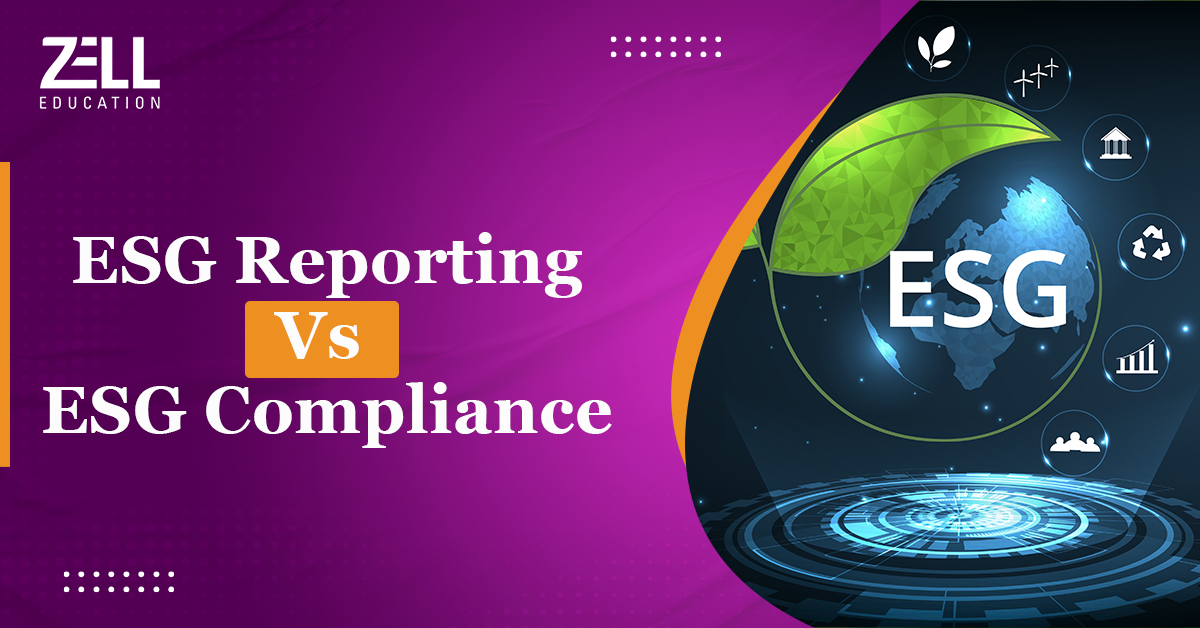Thoughts on Passing the CFA Exam from a Non-Finance Type
The Chartered Financial Analyst (CFA) Exam is a challenging test that requires a significant amount of preparation, study, and dedication. For individuals without a background in finance, the CFA exam can be even more intimidating. However, with the right preparation, non-finance students can still pass the exam and become CFA charterholder. In this article, we will provide tips and advice for non-finance students who are preparing for the CFA exam.
Is It Possible for Non-Finance Students To Opt For CFA
Yes, non-finance students can opt for the Chartered Financial Analyst (CFA) program. The CFA program is open to individuals from various backgrounds, including business, engineering, humanities, and science. The CFA program is designed to provide a comprehensive understanding of finance and investment analysis and is a globally recognized credential in the investment management profession.
However, non-finance students who opt for the CFA program may face additional challenges compared to students with a finance background. This is because the CFA program assumes a certain level of financial knowledge and experience, and non-finance students may need to work harder to acquire this knowledge.
Non-finance students who choose to pursue the CFA program may need to invest additional time and effort in studying the CFA curriculum and preparing for the exam. It may also be helpful for non-finance students to take courses or seek out additional resources to supplement their knowledge of finance and investment analysis.
To prepare for CFA, read this blog A Simple Step-by-Step Guide to Prepare for Your CFA
Furthermore, non-finance students who complete the CFA program may have a unique perspective and skill set that can be valuable in the investment management profession. By combining their existing skills and knowledge with the financial knowledge gained through the CFA program, non-finance students can bring a diverse and valuable perspective to the field of finance.
In summary, while it may be challenging for non-finance students to pursue the CFA program, it is possible with dedication, hard work, and a strong commitment to learning. Non-finance students who complete the program can obtain a globally recognized credential and bring a unique perspective to the investment management profession.
For more details watch this video :
CFA Exam Preparation for Non-Finance Students
If you are a non-finance student preparing for the CFA exam, it is important to start your preparation early. The CFA exam is a three-level exam, and each level requires a significant amount of time and effort to pass. You should plan to spend at least 300 hours of study time for each level.
To prepare for the exam, you should start by familiarizing yourself with the CFA curriculum. You can do this by reviewing the CFA Institute’s website, which provides an overview of the curriculum for each level of the exam. You should also purchase study materials, such as CFA exam prep books, practice exams, and study guides.
CFA Exam Coaching for Non-Finance Students
In addition to self-study, non-finance students may benefit from working with a CFA exam coach. A coach can provide guidance and support throughout the exam preparation process, help identify areas of weakness, and provide personalized study plans. A coach can also provide motivation and accountability, which can be particularly helpful for non-finance students who may feel intimidated by the exam.
When choosing a CFA exam coach, look for someone with experience coaching non-finance students. The coach should also have a strong track record of helping students pass the exam. You should also consider factors such as the coach’s availability, communication style, and coaching approach.
How to pass the CFA Exam Without a Finance Background
- Passing the CFA exam without a finance background is challenging, but it is not impossible. Non-finance students can succeed on the exam by focusing on their strengths, developing a strong study plan, and practicing consistently.
- One way to overcome the knowledge gap is to take a CFA accounting course before the exam. An accounting course will provide a foundation in financial statements, accounting principles, and financial analysis. This can help non-finance students better understand the material covered on the exam.
- Another strategy is to focus on the quantitative sections of the exam. Non-finance students may have an advantage in areas such as statistics, economics, and quantitative methods. By focusing on these sections, non-finance students can build confidence and improve their overall exam performance.
- Finally, non-finance students should prioritize practice exams and mock tests. Practice exams can help identify areas of weakness and provide an opportunity to practice applying concepts to real-world scenarios. Mock tests can also help simulate exam conditions and improve time management skills
Final thoughts
Passing the CFA exam as a non-finance student requires a significant amount of preparation, dedication, and hard work. However, by following these tips and strategies, non-finance students can increase their chances of success on the exam. Remember to start early, develop a strong study plan, practice consistently, and consider working with a coach. With the right approach, non-finance students can achieve their goal of becoming a CFA charterholder.
So, if you’re considering a career in accounting and finance, don’t hesitate to enrol in the CFA course, reach out to us at Zell Education, and we’d be happy to counsel you.










